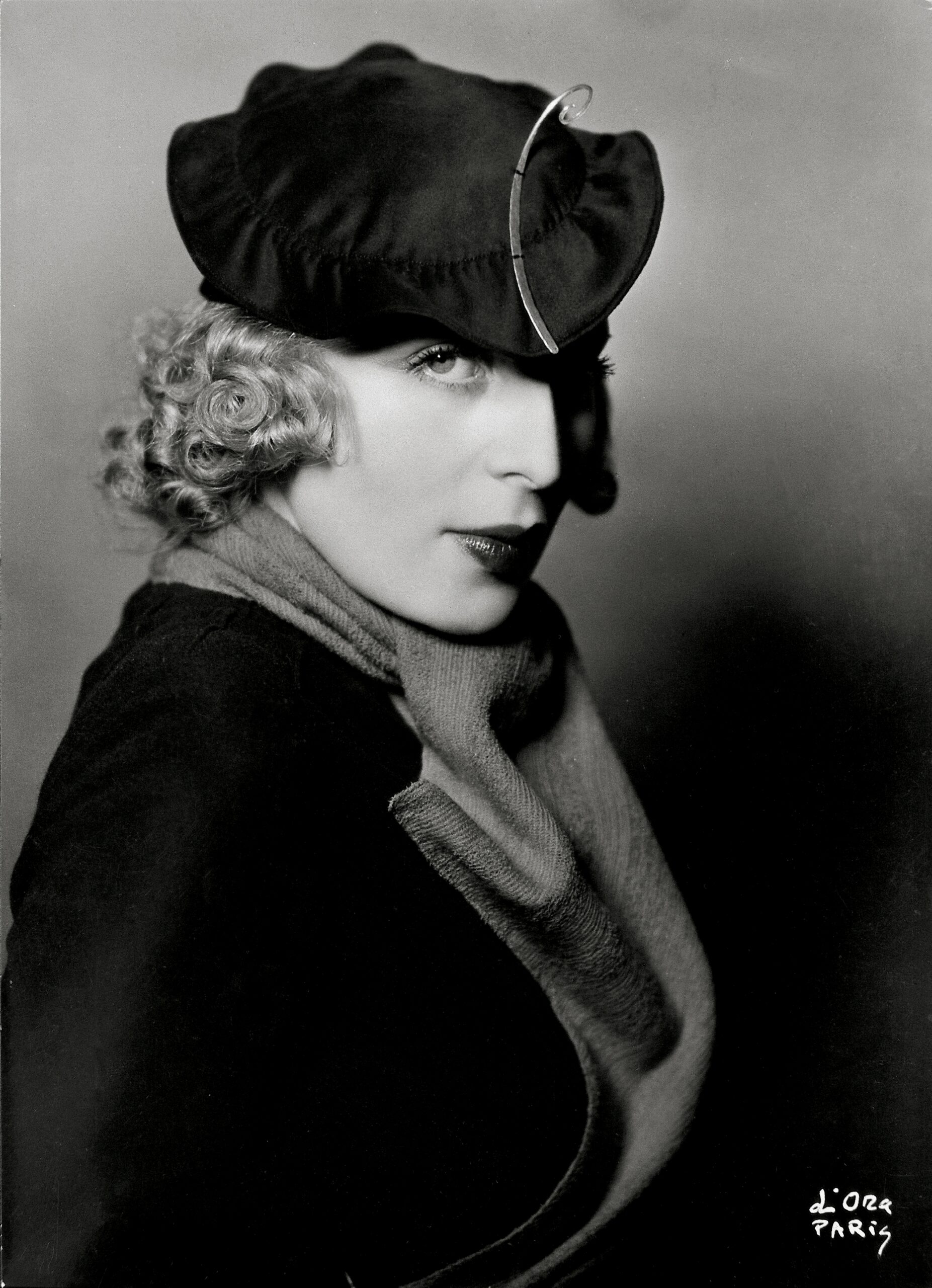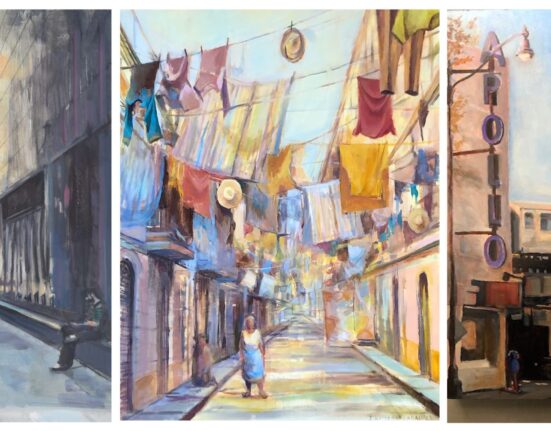Art World
Sotheby’s upcoming selling exhibition features works by Polish artist Tamara de Lempicka, as well as exceptional Art Deco objects.
“Lempicka”—the new musical recognizing the life and times of Polish artist Tamara de Lempicka, who dazzled 1920s Paris with her portraits of wealthy aristocrats—will be the first Broadway show to be staged at Sotheby’s New York with a one-night-only performance on January 17, producers have announced.
The performance—hosted by leading lady Eden Espinosa of “Wicked” fame—not only celebrates the production’s arrival on Broadway (following sold-out runs at the Williamstown Theatre Festival and the La Jolla Playhouse) but also serves as a prelude to Sotheby’s upcoming selling exhibition. “The World of Tamara: A Celebration of Lempicka and Art Deco” (March 28–April 16, 2024) will feature works by the artist, as well as other exceptional objects from the Art Deco period, and run in tandem with the staging of “Lempicka” at the Longacre Theatre near Times Square.
“Her legacy as a trailblazing woman artist is important,” explained Sotheby’s Julian Dawes to Artnet, “but all the more so given the time period when Tamara de Lempicka was working and the strength of her personality and vision.” Dawes, Sotheby’s head of Impressionist and modern art for the Americas, said she “possessed a salient style and attitude—confidence and empowerment personified. The audience is drawn to every part of Lempicka as a fiercely independent woman and a technically masterful painter.”
Tamara de Lempicka’s Portrait de Romana de la Salle at auction in November 2022. Courtesy of Sotheby’s.
In November 2022, Sotheby’s sold Portrait de Romana de la Salle (1928) for just over $14 million (including fees), setting the auction house’s record for the artist. The painting portrays the daughter of Lempicka’s close friend, the Duchess Marika de la Salle. An aristocrat by marriage, the duchess divorces her wealthy husband and was awarded the kind of alimony that allowed her to commission women artists, such as De Lempicka, to paint her portrait. (The Wall Street Crash of 1929, however, left the duchess destitute.)
Portrait de Romana de la Salle is a landmark composition of the 1920s—a decade the French call the années folles. De Lempicka blended artistic elements from the Renaissance, such as the tilt of Romana’s head and turn of her torso to evoke Botticelli and Raphael, with the dynamic lines of the Futurists, against a backdrop of geometric skyscrapers.
“Among the most interesting elements of the artist is the ebb and flow of her popularity during her own lifetime and beyond,” added Julian Dawes. “There is an intriguing lesson around cycles of taste and the ultra-distinctiveness of her style.”
More Trending Stories:
Art Dealers Christina and Emmanuel Di Donna on Their Special Holiday Rituals
Stefanie Heinze Paints Richly Ambiguous Worlds. Collectors Are Obsessed
Inspector Schachter Uncovers Allegations Regarding the Latest Art World Scandal—And It’s a Doozy
Archaeologists Call Foul on the Purported Discovery of a 27,000-Year-Old Pyramid
The Sprawling Legal Dispute Between Yves Bouvier and Dmitry Rybolovlev Is Finally Over
Follow Artnet News on Facebook:
Want to stay ahead of the art world? Subscribe to our newsletter to get the breaking news, eye-opening interviews, and incisive critical takes that drive the conversation forward.







